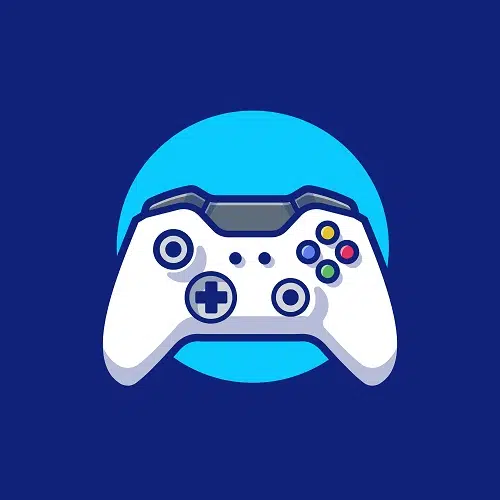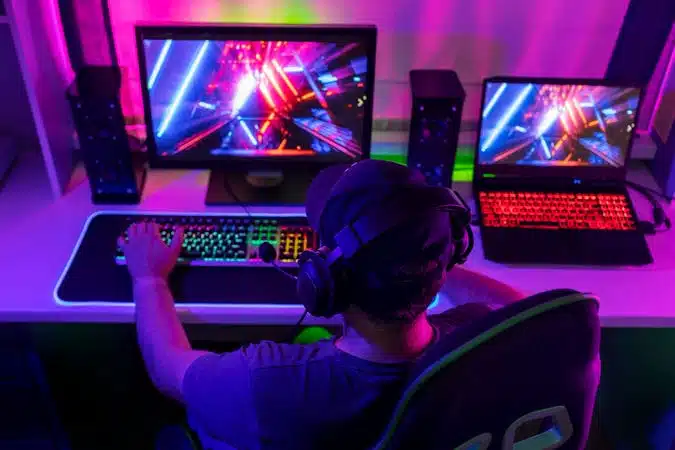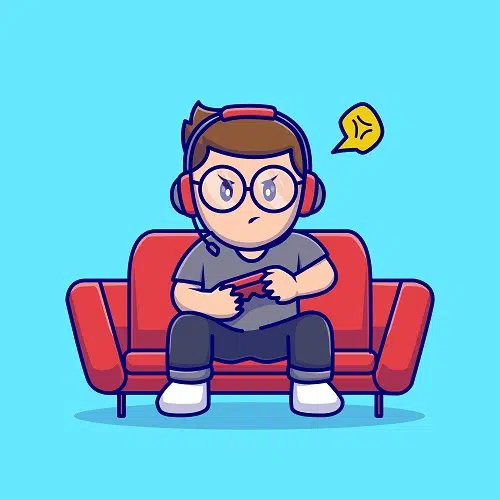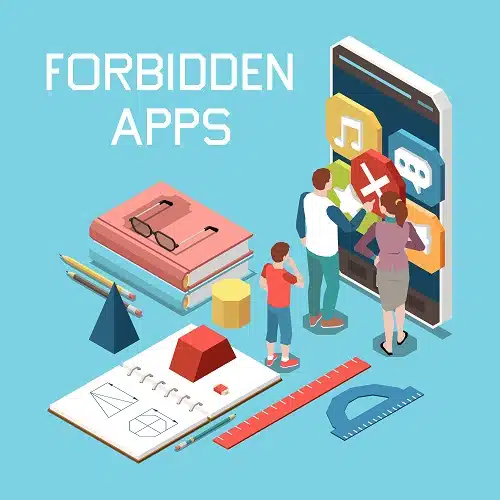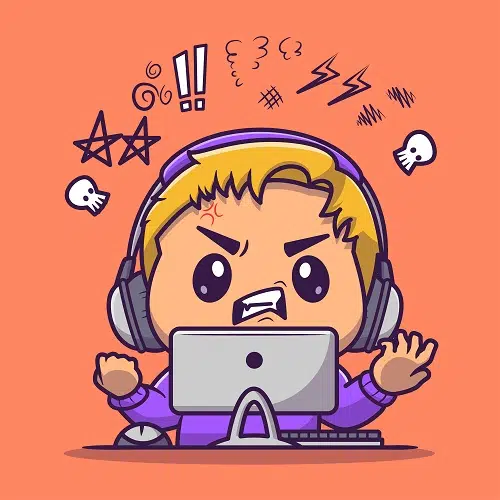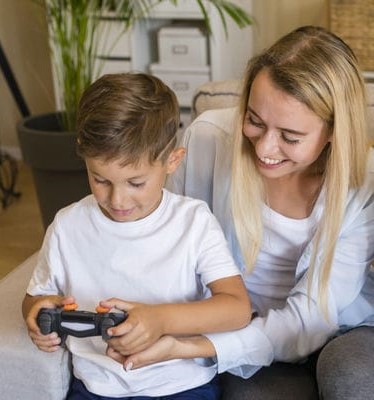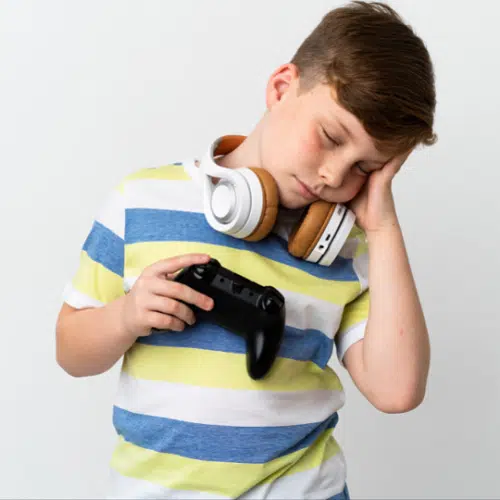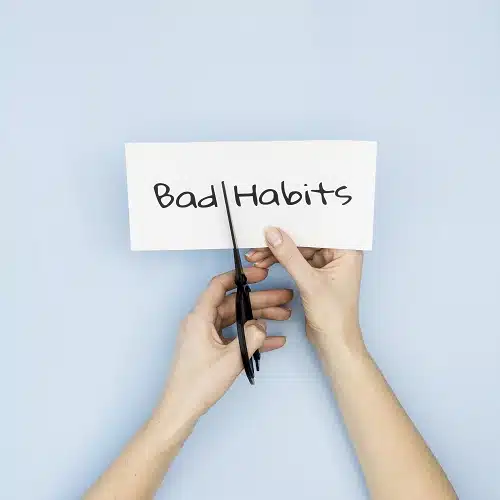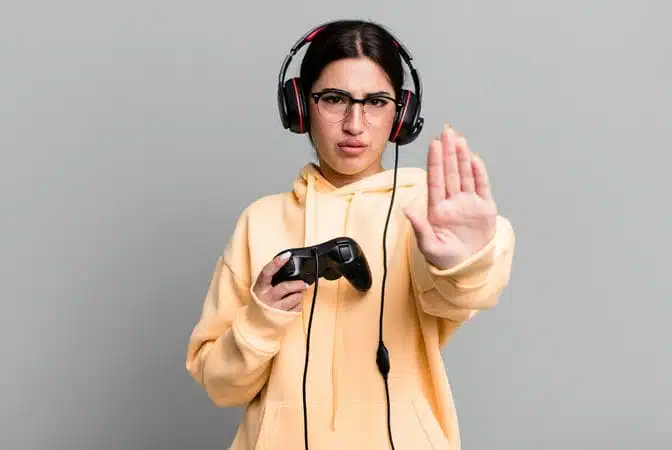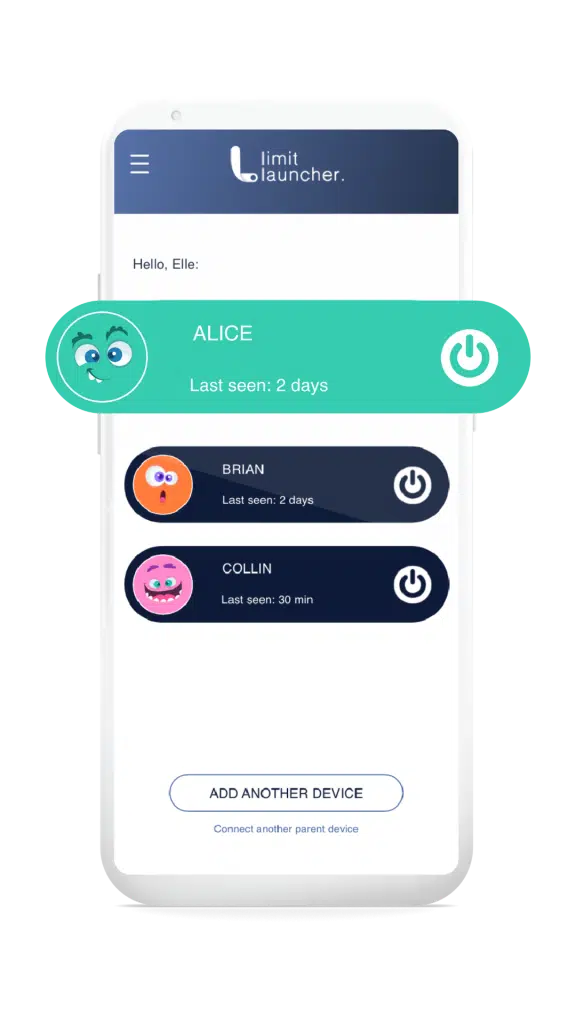TikTok has taken the world by storm, especially among kids and teens. It is a platform that allows users to create and share short videos with soundtracks ranging from music to dialogues. Although it may seem like just another social media platform, TikTok’s popularity among younger audiences is unparalleled. So what makes it so addictive? In this blog post, we will unveil the mystery behind TikTok’s addictive nature. From the science behind addiction to how its algorithm contributes to it, we have got you covered. We will also discuss the potential dangers of it’s excessive use and ways to prevent and manage addiction in children and teens. Stay tuned to learn more about this fascinating topic.

What is TikTok and why is it so addictive?
TikTok has become incredibly addictive among kids and teens, and for good reason. The app’s format of short 15-60 second videos keeps users engaged without overwhelming them. Additionally, the app’s algorithm curates a personalized “For You” page, showing users content that is likely to interest them. The extensive library of music and sound effects available on the app makes it more entertaining.
Moreover, TikTok also allows users to create and share their own content easily, making it a platform for self-expression and creativity. Social interaction is also made easier on TikTok with features allowing users to follow, like, comment, and share content with others. This creates a sense of community and social interaction which is very enticing for young users. All of these factors combine to create a highly addictive app for kids and teens alike.
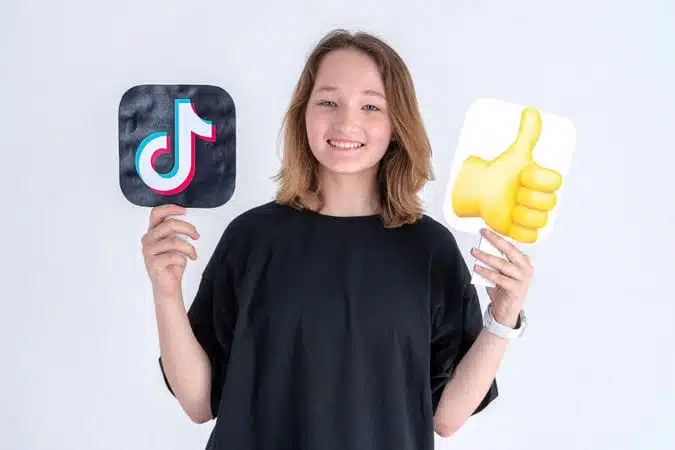
The science behind TikTok addiction
The addictive nature of TikTok can be attributed to several factors, including its algorithm that serves personalized content to users. This means that users are constantly presented with TikTok videos that are tailored to their interests, which keeps them engaged and coming back for more. Comparatively content on other social media apps, such as Instagram, Facebook, YouTube, Reddit or Twitter aren’t as engaging.
In addition, the app’s short-form videos provide quick bursts of entertainment that are easy to consume. Users can quickly scroll through their feed and watch multiple videos in a short amount of time, which is appealing to younger audiences who have shorter attention spans.
Research suggests that the brain’s reward system is activated when using TikTok, leading to increased dopamine levels and a desire for more engagement. This creates a feedback loop where users feel rewarded for using the app, which reinforces their behavior and increases their addiction.
Overall, TikTok’s addictive nature can be attributed to a combination of personalized content, easy-to-consume short-form videos, and the activation of the brain’s reward system.

How TikTok’s algorithm contributes to addiction
Its addictiveness can largely be attributed to its algorithm. The app is designed to show users content that will keep them engaged and scrolling for longer periods of time. This is accomplished through the use of machine learning, which analyzes user behavior and preferences in order to deliver personalized content recommendations.
TikTok’s algorithm takes note of which videos users watch, how long they watch them for, and what actions they take afterwards (such as sharing or liking). It then uses this information to serve up more content that is similar to what the user has already demonstrated an interest in. This leads to a cycle of endless scrolling as users are continually presented with new videos that are tailored specifically to their interests.
The role of social validation on TikTok addiction
TikTok’s ability to provide instant gratification and create a sense of community among users also makes it addictive. With its endless stream of short, entertaining videos, it allows users to easily find and consume content that appeals to them. Additionally, social validation plays a significant role in TikTok addiction. Users can gain followers, likes, and comments on their videos, which creates a sense of accomplishment and reinforces the behavior of using the app. The desire for social validation is a universal human trait, but on TikTok it is amplified by the app’s algorithm which constantly promotes trending content to users. This combination of instant gratification and social validation has made TikTok one of the most addictive apps among kids and teens.

Negative impacts of TikTok addiction on mental health and well-being
TikTok’s is designed to lead kids and teenagers to spend excessive amounts of time scrolling through personalized content. However, parents must recognize the negative impacts of overuse of this app on mental health and productivity. It’s easy for TikTok users to get caught up in comparisons and unrealistic expectations from viewing others’ content, leading to decreased self-esteem or feelings of inadequacy.
Excessive use of TikTok has been linked to anxiety, depression, and other mental health issues, as well as decreased productivity and social isolation. The app’s algorithm is designed to keep users engaged for as long as possible, which can lead to addictive behaviors.
To mitigate the risks of TikTok addiction, parents must establish a healthy balance between online and offline activities. This can help prevent neglect of other interests and activities, sleep deprivation, and poor academic performance. Parents should also promote healthy self-esteem by encouraging their children to engage in a variety of activities and monitor their child’s use of TikTok.

How to prevent and manage TikTok addiction in children and teens
To manage TikTok addiction among children and teens, parents can take several steps. Setting limits on screen time and TikTok usage can be effective in reducing dependency on the app. Encouraging alternative activities such as outdoor play, hobbies, or socializing with friends can also help to curb addiction.
It’s essential to monitor children’s behavior and seek help if parents notice signs of addiction or other concerning behaviors. Parents should also educate their children about the potential risks of excessive TikTok use and have open communication about their online behavior. Seeking professional help, such as therapy or counseling services, can be an effective way to manage addiction if necessary. By taking a proactive approach to managing TikTok use, families can help ensure that their children stay safe while enjoying this popular app.
Using parental control tools to limit access to TikTok
TikTok addiction is a real concern for parents of children and teens who use the app regularly. Fortunately, there are several strategies that can be used to prevent or manage TikTok addiction in children and teens.
One effective approach is to use parental control tools available on smartphones and computers to limit access to TikTok. Parents can also encourage their children to engage in other activities such as sports or reading to help prevent excessive use. Setting a specific time limit for TikTok usage and sticking to it can also be helpful in managing and preventing addiction.
By being proactive and taking steps to manage TikTok addiction, parents can help ensure that their children are using social platforms in a healthy and responsible way. Teaching your child about the risks of online behavior and the importance of privacy settings can also help them make safe choices while using the app. By setting clear guidelines and fostering open communication with your child, you can help protect them from the potential dangers of excessive TikTok usage.
Seeking expert help for TikTok addiction
Parents should be aware of the signs of addiction-like behaviors in their children. Signs of severe addiction include spending excessive amounts of time on the app, neglecting responsibilities or relationships, and experiencing withdrawal symptoms when unable to use the app. Seeking help from a therapist or a counselor who is trained in technology addiction can be an effective method of combating this addiction. It’s always best to address these issues early on before they become more severe and impact daily life.
If you or someone you know is struggling with TikTok addiction, professional help may be necessary. Therapies such as Cognitive Behavioral Therapy (CBT) and Dialectical Behavioral Therapy (DBT) can be effective in treating addiction. Treatment options for TikTok addiction include therapy, support groups, and limiting screen time.

Conclusion
TikTok’s popularity among kids and teens is undeniable, but it comes with certain risks. A TikTok addiction can lead to mental health issues, neglect of other interests and activities, and family conflicts. As parents, it’s our responsibility to monitor our children’s usage of the app and set boundaries around its use. Using parental control tools can help limit access to TikTok, while seeking professional help may be necessary for severe addiction. Our children’s well-being should always come first, so let’s educate ourselves on how to prevent and manage TikTok addiction in our kids and teens. Share this blog with other parents who might benefit from this information.






